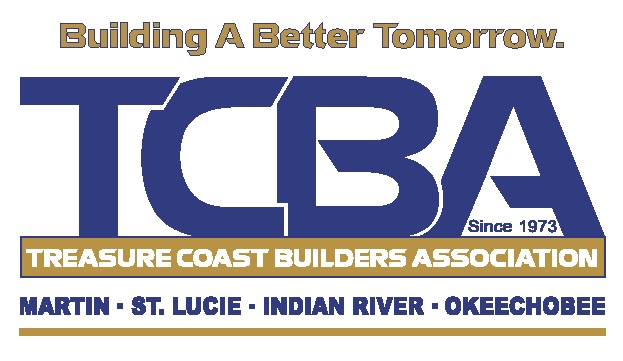Hiring Licensed Contractors
While hiring an unlicensed contractor may provide a quick fix in the short term, it could result in many serious and lasting consequences, including further damage to your property.
It is extremely important to be cautious when contracting for home improvements and storm repairs. Educate yourself, become an informed consumer, and protect yourself from dishonest persons who will use your misfortune to their advantage.
- A licensed person has the required education, experience, insurance and qualifications to obtain a license. They must pass a competency examination before practicing.
- Licensing departments can discipline and even revoke a license if the person does not live up to professional standards.
- Problems that may occur after unlicensed work may not be covered by homeowners insurance.
- Unlicensed contractors often target the uninformed and inexperienced, as well as the elderly.
- They solicit door-to-door, frequently traveling in unmarked trucks and vans.
- They give a post office box address instead of a street address.
- They convince you to obtain the necessary building permits.
- Before you hire a contractor, ask to see a state issued license
- An occupational license does not qualify an individual to act as a contractor
- Ask for references. A legitimate contractor will be happy to provide you with the name and contact information of recent customers
- Get a written estimate from several licensed contractors. Make sure the estimate includes the work the contractor will do, the materials involved, the completion date, and total cost
- Beware of contractors who claim to be the fastest or the cheapest. Hiring them could result in poor workmanship, inferior materials or unfinished jobs
- Contact your insurance agent first to verify your insurance covers the repairs before you sign a contract. Know the steps to file a claim. You do not have to tell the contractor how much your insurance company will pay for the repairs, but if you do, get the contractor's estimate first
- A contractor must have a license from DBPR to perform roofing repairs or replacements, structural additions, air conditioning repair or replacement, plumbing work, electrical and/or alarm work. These jobs typically require a permit. Be sure to check with your local building department regarding permit requirements for all of your projects
- DBPR does not license or have jurisdiction over concrete contractors, painters, drywall contractors, cabinetmakers, tile installers, or anyone doing minor repairs. Check with your local building department regarding licensure requirements for these trades. Remember to ask for references.
Be certain your contract included:
- The contractor's name, street address, telephone number and state license number
- A precise description of work to be completed, including a work completion timeline (draw schedule) and list of materials
- Completion date, including cleanup after the work is finished
- Warranty agreements, including length, terms, and recourse
- A notice of consumers' rights under the Florida Homeowners' Construction Recovery Fund for contracts involving general, residential, and building contractors
- Read your contract carefully and personally fill in any blank spaces. Consider having an attorney review the contract. If you do not have an attorney, the Florida Bar offers a lawyer referral service.
City of Port St. Lucie: 772-873-5062
St. Lucie County (Days): 772-462-1571
St. Lucie County (Weekends): 772-370-2545
City of Fort Pierce: 772-467-3718
Martin County: 772-288-5482
Indian River County: 772-226-1960
City of Sebastian: 772-388-8234
Okeechobee: 863-763-5548 x 3002
Outside These Areas: 1-866-532-1440
